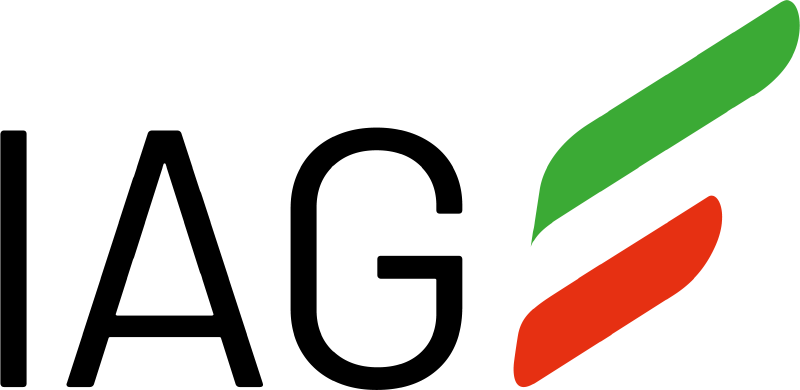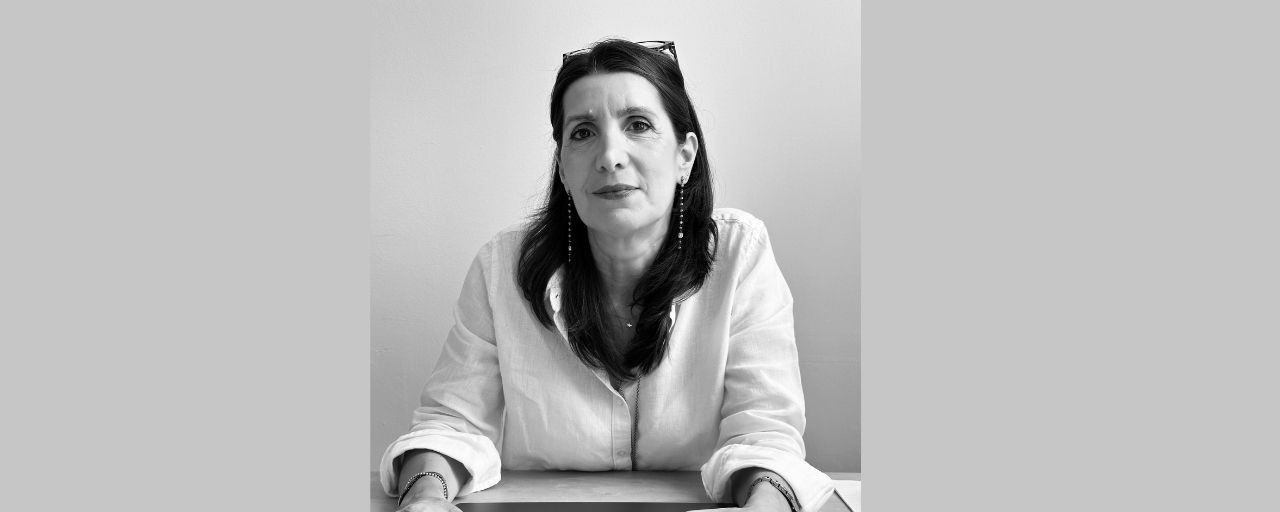Could you tell us about your career path and the main milestones that have marked your career?
I started working in a healthcare software company in 2000, at a time in history when everything that was web (and software in general) was considered futuristic and surrounded by an aura of potential infinite development... Ours was, however, a niche market, in a country where healthcare was mainly public and where investment in healthcare technology was less than 2 percent of the total investment in healthcare... The company then was called Dianoema S. p.A. and consisted of about forty professionals (all engineers, mathematicians, and computer scientists) so I, who was in charge of Marketing and Communication, and I have a degree in Economic Policy was a bit of a white fly, the voice out of the chorus, with a different point of view. I started by dealing with Marketing and Communication but also with tendering.
The company grew, became a multinational corporation, went public in 2006, and in doing so we also faced the enormous challenge of changing our name and brand and thus jeopardizing our recognizability and positioning... NoemaLife S.p.A. was the market leader in Italy and Europe in the clinical data management information systems sector and has remained so.
A company with global presence is composed of international teams, and Marketing and Communication activities and strategies also had global reach. Larger and larger company, more and more complex and diversified challenges, and projects of increasing impact/satisfaction: in the mid-2010s NoemaLife had 700 people, with activities and offices in Europe, the Middle East, and South America, and I, on the BoD for some time held the position of Director of Corporate Affairs and Communication.
In 2016, 20 years after its founding, the company was sold to the Dedalus Group, immediately moving to 1300 fte where for a few years I was Director of Public Affairs and Chief of staff of the U.S. office.
I then "jumped the fence" and as a healthcare vendor was in charge of Marketing and Communication strategies for a Private Clinic.
Today I work as a consultant and collaborate with my family's Family Office.
What I consider to be the highlights of my career are perhaps unconventional: my professional success has been to be part of the growth of a company that from a small one has, so to speak, conquered the world, to have built an important brand, to have helped create a company with an enviable climate (many times those who left have since returned) and with important values, to have been part of a success story that I was then able to export to my other daily professional experiences.
As a woman in a leadership position, what challenges did you encounter and how did you deal with them?
Healthcare and technology have always been "masculine" worlds: the company I worked for was an exception because more than 30 percent of the employees were women, but the number of female General Directors of healthcare companies in Italy could be counted and still can be counted on the fingers of one hand.
One cannot count the number of times at technological/medical congresses when I was addressed as if I were a hostess even though I was the director of institutional affairs of a multinational company with 1300 people, present in 20 countries around the world...
So the challenges I faced were lack of confidence in my skills, gender stereotyping (a professional discussion labeled as "women's quarrel"), snobbery towards my profession (technologists and technocrats always thought Marketing and Communication amounted to picking "dyes").
Challenges overcome with preparation - always - and with facts: demonstrating the value of the work done, the importance of the functions held, and the results achieved (economic and otherwise). Next to purely professional and business elements, my strength I believe are and have been characteristics that are perhaps people, situation and social. I think being the person who creates in words rather than in strings of code or figures has offered me a holistic and richer view of the companies in which I have worked.
But I like being a director, being in the shadows: not being in the foreground but staying behind the scenes (which, given my profession may seem oxymoronic).
Managing global teams involves understanding different cultural nuances. How did you ensure that your teams felt included and valued?
International teams are always tricky: partly because of the cultural differences that are many and definitely relevant partly because of the physical distance that makes-especially before the pandemic-people feel disconnected from each other and from the center. What we used to do was stay in touch, communicate and share ideas and try to see each other as much as possible: when in person wasn't possible, sometimes we would hold video calls (in advance, with skype) that were active all day, each team carrying on their normal activities but it was like sharing an open space, sharing and showing what was going on at the center...
Sometimes small things, but it's always complex.
How has your continuous learning, including your time at Palo Alto School and SDA Bocconi, influenced your approach to leadership and diversity?
As I said, preparation has always been very important, not only in specific areas of my profession, but also managerial, soft - skills development, executive coaching paths, foreign language courses (going back to international teams is very much appreciated is interesting and enriches the dynamics) but also technical courses.
Continuing to study, deepen and update brings confidence and authority, allows you to stay on the move, present and "au courant," it was all important: learning how to make a phone call without feeling that you have to apologize, learning how to manage a project and account for it, learning how to manage conflicts, learning how to accept criticism and make it...
Can you tell us about your experience as a business angel. What sectors or types of startups are you most interested in as an investor and why?
I probably love the angel aspect of this experience, I really enjoy helping young people build their projects, giving them a chance to try. But I don't mind at all the idea of having an eventual financial return or having "figured out" the real entrepreneurial and creative genius (but that would only serve my ego).
I know more about technology and healthcare of course, but I like investing in women founders and education because of the principle and because the world needs women's ideas (even when we are not good at asking, public speaking, or are intimidated by the snootiness of certain investors) because they are different ideas, originating from different points of view, and because women work well.
Is there a final message or thought you would like to leave our readers?
As I said I'm a bit shy, I don't like to be noticed but I prefer to observe... I'm watching!








